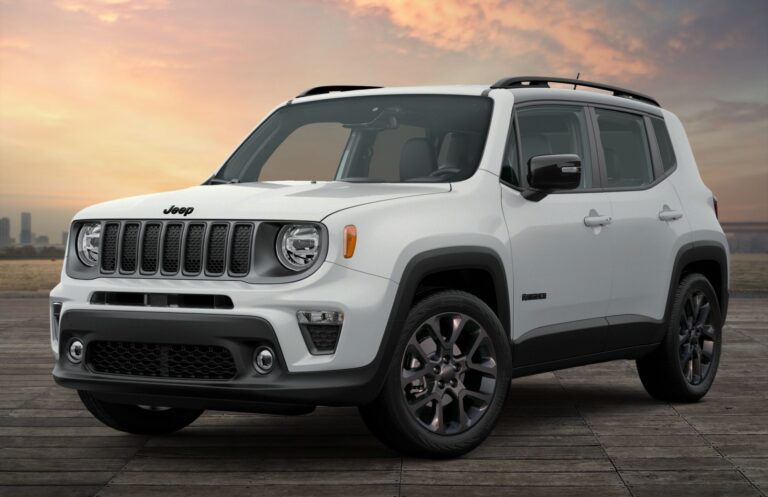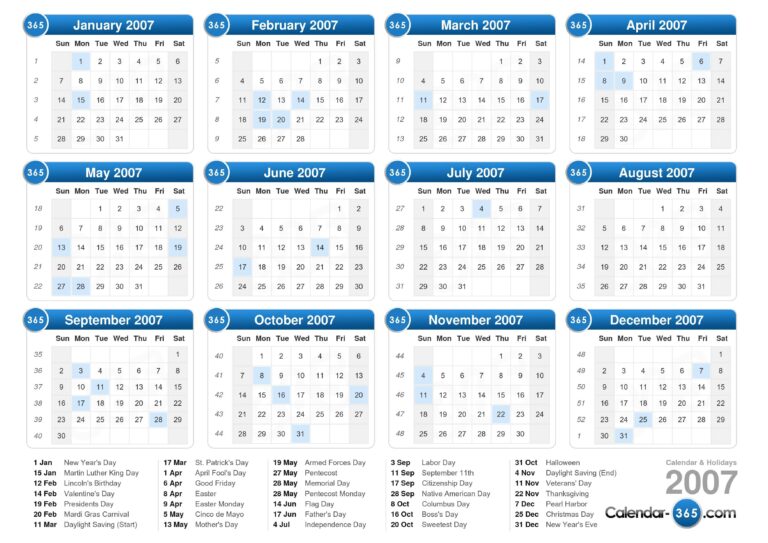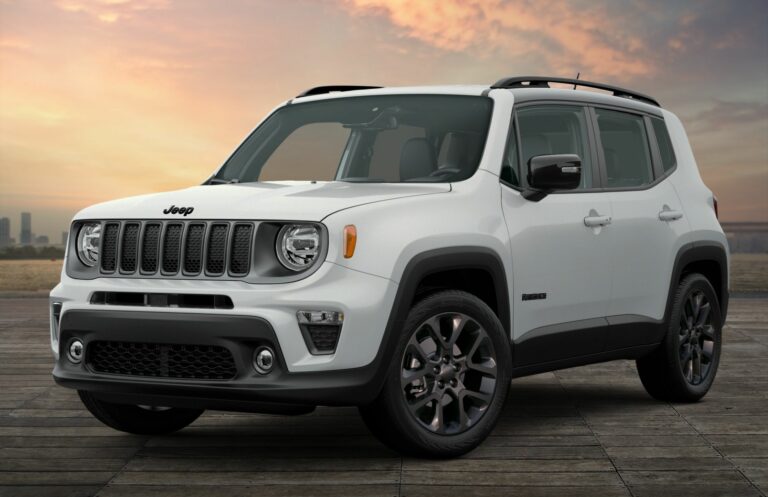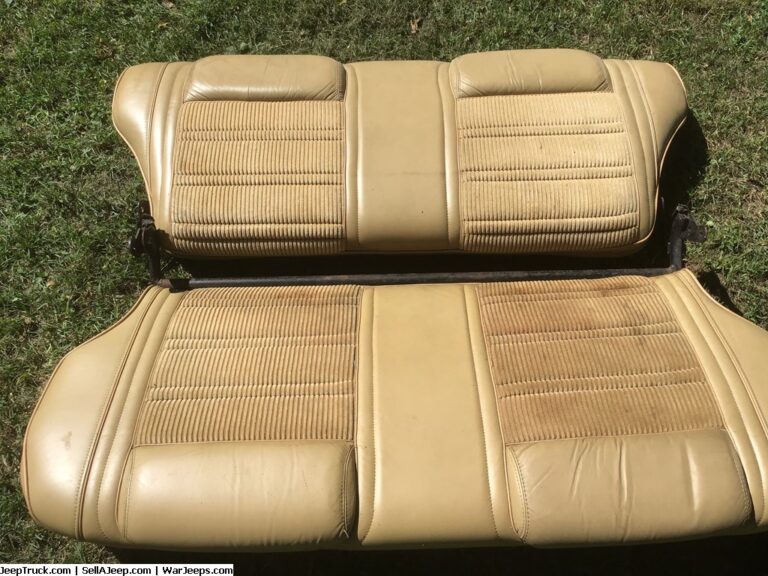Do Jeep Grand Cherokee Lease Well? A Comprehensive Guide
Do Jeep Grand Cherokee Lease Well? A Comprehensive Guide jeeps.truckstrend.com
In the dynamic world of automotive finance, leasing has emerged as a popular alternative to traditional purchasing, offering drivers the allure of lower monthly payments and the thrill of frequently driving a new vehicle. For those eyeing the iconic Jeep Grand Cherokee – a vehicle celebrated for its blend of rugged capability, sophisticated comfort, and undeniable presence – a crucial question often arises: Do Jeep Grand Cherokee lease well?
This article will delve deep into the nuances of leasing the Jeep Grand Cherokee, exploring what makes a lease "good," evaluating the Grand Cherokee’s market standing, and providing actionable insights to help you determine if leasing this legendary SUV is the right financial move for you.
Do Jeep Grand Cherokee Lease Well? A Comprehensive Guide
Understanding Vehicle Leasing: The Basics of a Good Deal
Before we assess the Grand Cherokee specifically, it’s essential to grasp the fundamental mechanics of vehicle leasing. Unlike buying, where you finance the entire purchase price, leasing involves paying for the vehicle’s depreciation during the lease term, plus interest (money factor) and fees.
The "goodness" of a lease deal primarily hinges on three factors:
- Residual Value: This is the projected value of the vehicle at the end of the lease term, expressed as a percentage of the Manufacturer’s Suggested Retail Price (MSRP). A higher residual value means the vehicle is expected to depreciate less, resulting in lower monthly payments for you.
- Money Factor: This is essentially the interest rate on your lease, often expressed as a small decimal (e.g., 0.0025). A lower money factor translates to lower monthly interest charges.
- Capitalized Cost (Cap Cost): This is the agreed-upon price of the vehicle, which you’re essentially "financing" for the depreciation portion of the lease. Negotiating a lower cap cost is just as crucial in a lease as negotiating a lower purchase price when buying.
![]()
A vehicle "leases well" when it commands a strong residual value, is frequently supported by manufacturer incentives that lower the money factor or cap cost, and has a strong market demand that helps maintain its value.
The Jeep Grand Cherokee’s Market Position and Residual Value
The Jeep Grand Cherokee has long been a cornerstone of the SUV segment, renowned for its distinctive blend of off-road prowess, comfortable on-road manners, and increasingly, its premium features and sophisticated design. Its strong brand identity, loyal customer base, and continuous evolution have generally contributed to its reputation as a vehicle that holds its value relatively well.
Factors influencing the Grand Cherokee’s residual value:
- Brand Recognition & Heritage: Jeep’s iconic status and reputation for capability create inherent demand.
- Versatility: The Grand Cherokee appeals to a broad audience, from families needing space to adventurers seeking off-road capability.
- Powertrain Options: A range of engines, including efficient V6s, powerful V8s, and the new 4xe plug-in hybrid, caters to diverse preferences, broadening its appeal.
- Trim Level Diversity: From the value-oriented Laredo to the luxurious Summit Reserve and the performance-focused SRT/Trackhawk (in previous generations), the wide array of trims can impact residual values, with higher trims sometimes holding a slightly better percentage due to their desirability and features.
- Reliability Perception: While historical data can vary, continuous improvements in quality and technology help maintain consumer confidence.
Generally speaking, the Jeep Grand Cherokee tends to have competitive residual values within its segment, often performing better than some domestic rivals but perhaps slightly less than top-tier Japanese SUVs like the Toyota 4Runner or certain Lexus models. However, its lease deals are frequently sweetened by manufacturer incentives, which can significantly lower monthly payments, making it appear to "lease well" even if its raw residual percentage isn’t always the absolute highest.
Factors Affecting Grand Cherokee Lease Deals
Securing an optimal lease deal on a Jeep Grand Cherokee requires understanding the various levers that influence your monthly payment:
- Residual Value (as discussed): Directly impacts the depreciation portion of your payment. Higher trims might have a slightly better residual percentage due to desirability, but their higher MSRP means the dollar amount of depreciation could still be substantial.
- Money Factor (Lease Rate): This is where manufacturer incentives play a huge role. Often, Jeep will offer subsidized money factors to make leases more attractive, especially on specific models or during promotional periods. Always ask if the money factor is the standard rate or a special promotional rate.
- Capitalized Cost Negotiation: Never pay MSRP for a lease. Negotiate the selling price of the vehicle just as you would if you were buying it. A lower negotiated price directly reduces your capitalized cost and, consequently, your monthly payment.
- Lease Incentives & Rebates: Beyond subsidized money factors, manufacturers frequently offer "lease cash" or rebates that directly reduce the capitalized cost. These are crucial for a good deal.
- Lease Term: Shorter terms (e.g., 24 months) often have higher monthly payments but can have higher residual percentages. Longer terms (e.g., 48 months) usually have lower monthly payments but lower residuals. 36 months is a common sweet spot.
- Mileage Allowance: Standard leases usually come with 10,000, 12,000, or 15,000 miles per year. Choosing a higher mileage allowance will increase your monthly payment as it implies greater depreciation. Be realistic about your driving habits.
- Down Payment/Drive-Off Fees: While a larger down payment reduces monthly payments, it’s generally advised to keep down payments on leases low, as you lose that money if the vehicle is totaled. Focus on negotiating a lower cap cost instead.
Pros of Leasing a Jeep Grand Cherokee
- Lower Monthly Payments: Compared to financing the same vehicle, lease payments are typically significantly lower because you’re only paying for depreciation.
- Drive a Newer Vehicle More Often: Leasing allows you to upgrade to a new model every few years, giving you access to the latest technology, safety features, and design updates.
- Full Warranty Coverage: Most lease terms (e.g., 36 months) align with the factory bumper-to-bumper warranty, meaning most repairs are covered, reducing unexpected maintenance costs.
- Less Hassle at End of Term: At the end of the lease, you simply return the vehicle (after any inspections and addressing excess wear/mileage). There’s no need to worry about selling or trading in.
- Tax Benefits (for Businesses): For business owners, lease payments can often be deducted as a business expense, offering potential tax advantages.
- Access to Higher Trims: The lower monthly payments of leasing might make a higher trim level (like a Grand Cherokee Overland or Summit) more financially accessible than purchasing it.
Cons and Potential Challenges of Leasing a Grand Cherokee
- Mileage Restrictions: Going over your agreed-upon mileage limit can result in significant per-mile penalties (e.g., $0.20-$0.25 per mile).
- Excessive Wear and Tear Charges: While normal wear and tear is acceptable, significant damage (dents, deep scratches, torn upholstery) will incur charges at lease end.
- No Equity Built: Unlike purchasing, you don’t own the vehicle and therefore don’t build equity. You walk away with nothing at the end of the term unless you choose to buy it out.
- Early Termination Penalties: Breaking a lease early can be extremely expensive, often requiring you to pay most or all of the remaining lease payments plus fees.
- Higher Insurance Costs: Lease agreements often require higher levels of full coverage insurance (including gap insurance) to protect the leasing company’s asset.
- Limited Customization: Modifying a leased vehicle is generally not allowed, as it must be returned in its original condition.
How to Secure a Good Grand Cherokee Lease Deal
To ensure your Jeep Grand Cherokee "leases well" for you, follow these practical steps:
- Research Current Incentives: Check Jeep’s official website and local dealer sites for current lease specials, promotional money factors, and lease cash offers. These change monthly.
- Negotiate the Capitalized Cost: Treat the lease as a purchase negotiation. Aim to get the dealer to sell you the car at a competitive price (e.g., 5-10% below MSRP, depending on market demand and model).
- Understand the Residual Value: Ask the dealer for the official residual value percentage and the residual dollar amount. You can also research third-party residual value guides (e.g., ALG, Edmunds, Kelley Blue Book) for general benchmarks.
- Inquire About the Money Factor: Ask for the money factor. You can convert it to an approximate annual interest rate by multiplying by 2400 (e.g., 0.0020 x 2400 = 4.8% APR). Compare this to current auto loan rates.
- Calculate Your Lease Payment Independently: Use online lease calculators to verify the dealer’s figures.
- Consider Different Trims: Sometimes, a mid-tier trim might offer a better lease value than a base model (due to higher desirability and potentially better residual percentages) or a top-tier model (due to a significantly higher MSRP outweighing the residual).
- Time Your Lease: Look for deals at the end of the month, quarter, or year when dealers are trying to meet sales quotas. New model year introductions can also bring deals on outgoing models.
- Read the Fine Print: Understand all fees (acquisition fee, disposition fee), mileage limits, and wear and tear policies before signing.
Sample Jeep Grand Cherokee Lease Estimates (Illustrative Purposes Only)
Please note: These figures are hypothetical estimates for a 36-month lease with 12,000 miles/year and do not include local taxes, registration fees, or potential acquisition/disposition fees. Actual rates, residuals, and incentives fluctuate constantly based on market conditions, manufacturer promotions, and your credit score.
| Model/Trim (Estimated) | MSRP (Approx.) | Estimated Residual Value (36 mo/12k mi) | Estimated Monthly Payment (Zero Down) |
|---|---|---|---|
| Grand Cherokee Laredo | $40,000 | 58% ($23,200) | $480 – $550 |
| Grand Cherokee Limited | $48,000 | 57% ($27,360) | $570 – $650 |
| Grand Cherokee Overland | $60,000 | 56% ($33,600) | $700 – $800 |
| Grand Cherokee 4xe | $65,000 | 59% ($38,350) | $750 – $850 |
| Grand Cherokee Summit | $70,000 | 55% ($38,500) | $850 – $950 |
Assumptions for calculation: Money Factor equivalent to ~4-6% APR (this varies wildly with incentives), no significant down payment beyond first month’s payment and typical drive-off fees.
Concluding Summary
So, do Jeep Grand Cherokee lease well? The answer is a qualified yes, they certainly can, especially with the right approach and during favorable market conditions. The Grand Cherokee’s strong brand appeal and generally competitive residual values, often bolstered by aggressive manufacturer incentives, frequently make it an attractive leasing option.
However, a "good" lease deal isn’t automatic. It requires diligence, research, and a willingness to negotiate the capitalized cost, understand the money factor, and be realistic about your driving habits. By focusing on these key aspects and leveraging available promotions, you can secure a lease that allows you to enjoy the Grand Cherokee’s unique blend of luxury and capability without breaking the bank. Always compare leasing to financing to determine which aligns best with your financial goals and driving lifestyle.
Frequently Asked Questions (FAQ)
Q1: Is leasing a Jeep Grand Cherokee generally cheaper than buying one?
A1: Monthly lease payments are almost always lower than loan payments for the same vehicle because you’re only paying for the depreciation, not the entire purchase price. However, over the long term, if you keep the car for many years beyond a typical lease term, buying can be more cost-effective as you build equity and eventually own the vehicle outright.
Q2: What is considered a good residual value for a Grand Cherokee lease?
A2: A residual value above 55% for a 36-month lease is generally considered strong. For the Jeep Grand Cherokee, residuals often fall in the 55-60% range, depending on the specific model, trim, and current market conditions.
Q3: Can I buy out my Grand Cherokee lease at the end of the term?
A3: Yes, nearly all lease agreements include a "purchase option price" or "buyout price" which is typically the residual value plus any purchase option fees. If the market value of your Grand Cherokee is higher than this predetermined price, buying it out can be a smart move.
Q4: What happens if I go over my mileage limit on a leased Grand Cherokee?
A4: You will be charged a per-mile penalty for every mile exceeding your limit, as specified in your lease agreement (e.g., $0.20-$0.25 per mile). These charges can add up quickly, so accurately estimating your annual mileage is crucial.
Q5: Are there specific times of the year to get a better lease deal on a Grand Cherokee?
A5: Yes, lease deals often improve towards the end of the calendar year (November/December) as dealers try to meet annual quotas and clear out outgoing model years. End-of-month or end-of-quarter pushes can also yield better incentives.
Q6: Does adding options or a higher trim level hurt my lease deal?
A6: Not necessarily. While higher MSRPs mean higher payments, desirable options or higher trims can sometimes command a slightly better residual percentage due to increased demand, partially offsetting the higher cost. However, a significant increase in MSRP will always lead to a higher monthly payment. Focus on the total cost of the lease.






